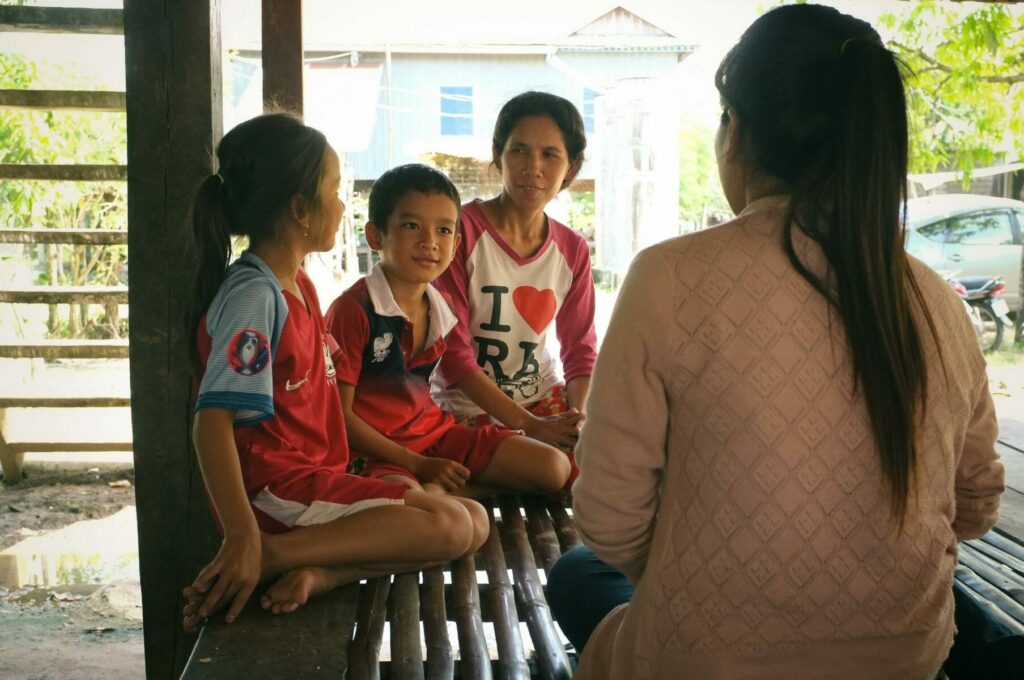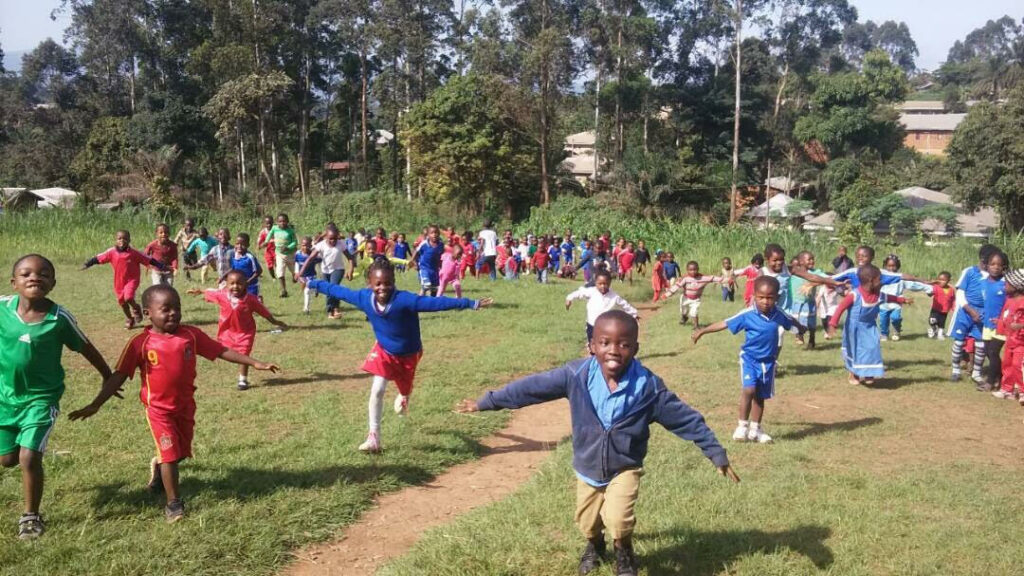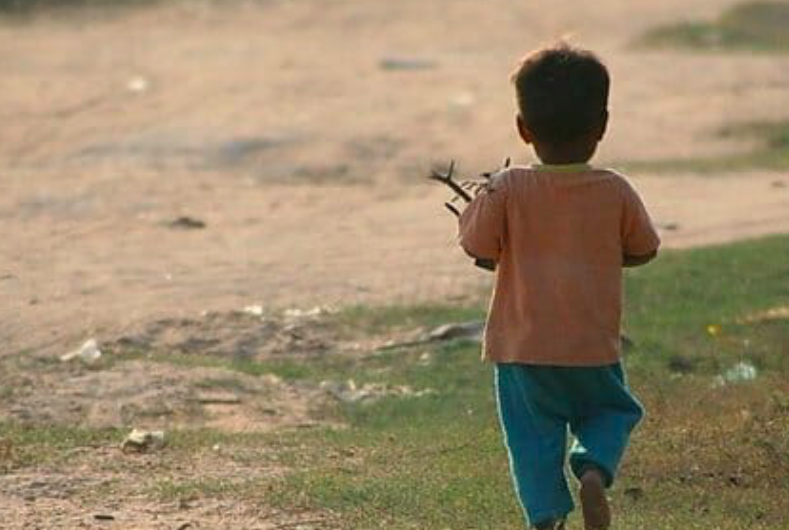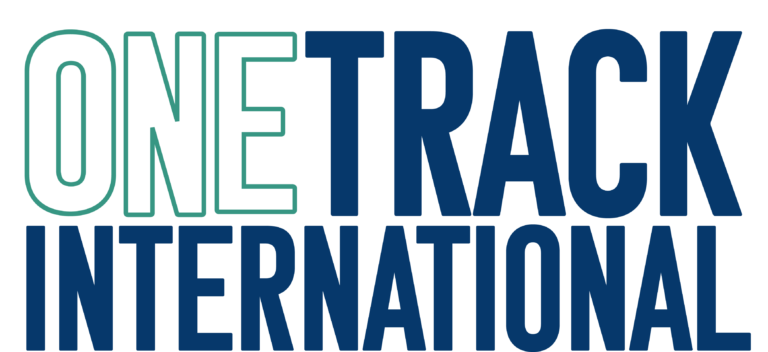By Hayley DeLuca
Philanthropy means improving humankind. It means tackling social problems and attempting to prevent them. Unlike charity, philanthropy sets to eliminate social problems, not to eliminate general suffering. In a world filled with natural disasters, war, crime, poverty, essentially an endless list of devastations, philanthropy is essential. It means acting for a better world.
Philanthropy began in ancient times, and similar to today, people practiced philanthropy for a variety of reasons. Some selfishly, were philanthropists for recognition. They wanted power, or even to gain the favor of the gods. For example, Egyptian rulers and nobles gave money to the poor in order to ensure their afterlife and please the gods. On the other hand, some people were philanthropists for the common good of people. They were philanthropists because they were kind and selfless. The Native Americans provided the Europeans with materials and knowledge. They wanted the Europeans to survive, not because they needed them, but because they cared for the world’s general welfare.

Fast forward in time and two well-known philanthropists were Andrew Carnegie and John D. Rockefeller. Dominating the oil and steel industries, both men believed that with wealth came the responsibility of helping the less fortunate. They created foundations that still exist today, such as the Rockefeller Foundation. They influenced and changed how a segment of society ran. The wealthy being more aware of their financial stability, and how they can use it to help those in less secure circumstances.
Hard times push people to act in kindness. During World War I, a shift in philanthropic giving occurred. Instead of men such as Rockefeller and Carnegie creating foundations and giving away portions of their wealth, the common person began giving too. Rockefeller and Carnegie’s foundations and money lived on after their deaths to support the less fortunate, but now everyday people gave a fraction of their money too. Grassroots fundraising sprung into play. 400 million in gifts and dues were donated to the Red Cross Foundation during the war, signaling a shift to the average person participating in philanthropy.
A modern day example of a successful philanthropic campaign is the Draper Richards Kaplan Foundation. Bill Draper and Robin Richards Donohoe are two venture capitalists that have built their foundation on basic principles: identifying and supporting social entrepreneurs that have the greatest potential to create large-scale change. The non-profit they choose to fund must have a strong leader, a game-changing idea, sustainable operations, and programs that have been effective in the field. Donohoe and Draper are prime examples of how philanthropic movements can make a change not just through basic funding. By identifying strong business ideas, the Draper Richards Kaplan Foundation has introduced new nonprofits into the business world, that can then go on and make a difference. This is far more effective than simply giving money through charities. Powerful philanthropy will make lasting change.

Philanthropic giving is what makes ONETrack run
ONETrack promotes family reunification. In situations that are both practical and appropriate, ONETrack seeks to reunite orphaned children with surviving relatives in their communities of birth. While adoption can provide a better life for some children, others have biological relatives that may not have the financial means to support these children. By upholding, introducing, and training international laws and standards, ONETrack can support children in growing up in their communities of birth. Supporting children in their communities of birth means identifying a social problem, more specifically orphanage corruption.
Orphanage corruption exists all around the world. One of the poorest countries dealing with this social problem is Cambodia. As a result, 80% of children living in orphanages in Cambodia, have surviving parents. Many times these parents are unable to provide basic needs to their child, nor proper education. Because of this, they have no other choice than to place their child into the care of an orphanage. In recent years, the number of orphans has decreased, however the number of orphanages in Cambodia has increased. Orphanages have recognized that as their tourism industry grows, they can benefit off of more orphanages with more opportunity for donors and volunteers. To put an end to this corruption, the Cambodian government has relied heavily on organizations such as ONETrack to end the cycle of corruption. Through philanthropy this can happen. Through empowering parents and relatives and providing them with the necessities they need to raise their child, niece, nephew, etc. the cycle can end. The goal is not to end the suffering of these families, but to end the social issue of orphanage corruption.

This is the power of philanthropy. To take an issue head on, and identify the root of the issue. The goal is not to feed the poor, but the goal is to seek to end the cycle of hunger. The goal is not to put all less fortunate children up for adoption, but instead to identify the areas of mass orphans and support as many surviving relatives as possible to be able to stay close with their family. Philanthropy ends negative cycles. It means starting big, and not stopping until change happens.
The word philanthropy is derived from Ancient Greece, meaning “to love people”. To love and care for all people is to make change in the world.
Sources:
https://www.learningtogive.org/resources/philanthropy
https://philanthropynewyork.org/sites/default/files/resources/History%20of%20Philanthropy.pdf
https://hbr.org/2011/01/when-youve-made-enough-to-make-a-difference


